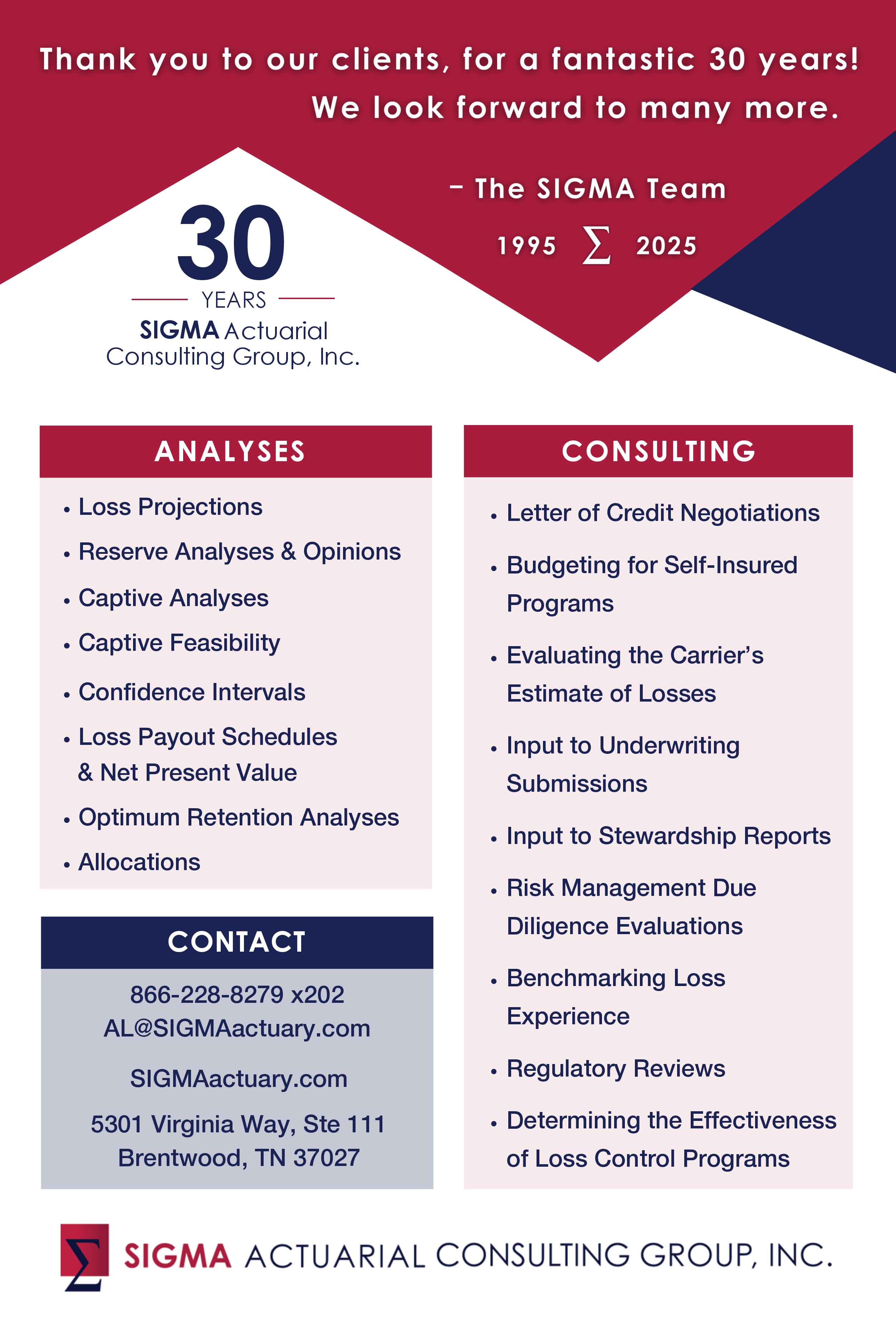The emergence of artificial intelligence (AI) and other leaps in technological advancements are dramatically reshaping the insurance industry.
The emergence of artificial intelligence (AI) and other leaps in technological advancements are dramatically reshaping the insurance industry. Use of data, the emergence of AI and machine learning have the potential to be very advantageous for consumers and businesses alike.
Now more than ever, the insurance sector has a duty to not only keep up with these developments but also to stay one step ahead to maintain its global leadership position.
Services—including insurance, accounting, and law—account for almost 80 percent of the UK economy, and financial and professional services alone are worth £190 billion and employ 2.2 million people, so it is vital that we ensure these are primed for the future.
The insurance sector not only contributes directly to the economy, but it underpins all other business activity by supporting the management of risk. UK Research and Innovation (UKRI) has allocated £20 million of funding to projects exploring how new technologies could transform the UK insurance, accountancy, and legal services industries. The Next Generation Services challenge, as it has been named, aims to advance technologies such as AI and data analytics that can help the sector to become more efficient, productive and globally competitive. Through this challenge, the government is supporting industry and researchers to develop technology and services that can transform the UK’s services industry.
There are a number of key technological trends and obstacles within the insurance sector that are having a huge impact on pricings, operational efficiencies and customer experience.
Robotic process automation will play a big part in the future of insurance. Bots are set to become the norm in both the front and back-office to automate policy servicing and claims management for faster and more personalised customer service.
Always-on technology and data-driven operations mean cybersecurity must be proactive and strategic, not reactive and defensive. Insurers need to create a stronger protection for key data, reduce brand and reputational risk, and achieve more efficient regulatory compliance, so customers can feel confident that their data is safe. For example, UKRI is funding a project which is using AI and machine learning to detect cyber threat activity and enable accurate risk prediction. We are also funding industry-led research and development projects working on specific solutions such as a ‘telematics’ style approach for pricing cyber risk.
Insurtech and blockchain technology is helping insurers to achieve more efficient claims management, stronger fraud detection and prevention capabilities, reduced asset management costs, and enablement of big data and internet of things initiatives. As a result, customers gain stronger data security and privacy, increased trust and transparency, and faster resolution.
The use of data and data science is clearly established in the insurance sector particularly when it comes to pricing risk. However, the emergence of technologies like machine learning enables ever more granular understanding of risk and new sources of data to be included. For example, analysis of earth observation satellite imagery can help insurers to better understand risks to assets from buildings to ships by providing a greater ability to carry out situational awareness.
As these technologies develop, we will likely see ever more tailored offerings fitting the specific needs of businesses and individuals. Further down the line, we may be able to mitigate or prevent risks better, thus removing the need for after the fact reparations, or at the very least, insurance companies will be able to recognise that risk has materialised and intervened proactively through ‘AI’ type technologies.
In some of the projects we are funding, we are trying to reduce fraud by using AI to detect anomalies in calls and into call centres or through other means. Insurance fraud is estimated to have cost £3 billion in the UK in 2017 amounting to approximately £50 per policy for consumers. Obviously, if we can reduce this it is beneficial for consumers, the insurance industry and the economy as a whole.
All these technological possibilities need to be tempered and understood in a human context. We need to not only ensure that we are following ethical approaches, but we also need to understand the human behaviour that will enable or hinder roll-out of new solutions. Typically, with any transformative technology, it’s not the technology itself that undermines results and opportunities, but rather the human reactions and broader systems into which that technology is being deployed. This is why in all our Next Generation Services programme activities we emphasise the need to consider human behaviour as well as technology.
UKRI has so far offered grants totalling £7.86 million to 16 projects that are wholly or partly in the insurance sector.
One project we have funded, Oasis-CAIMAN, is developing machine learning-based software that can accept, analyse and review drone collected visual images to a high level of accuracy for property loss and damage after extreme events such as flooding, severe windstorms, tornado, landslides and so on. The highly accurate loss and damage information can be rapidly compared against insurance claims information and used for damage assessment by insurance and other sectors and has the potential to be an open system with claimants themselves.
It can be used for both domestic property, industrial and business insurance claims, as well as in major disasters by disaster risk responders.
As mentioned, the need for robust cybersecurity is imperative; with our financial support, the project Orpheus is seeking to transform the insurance sector by using AI and machine learning to predict cyber threat activity and enable accurate risk assessment. Orpheus collects huge volumes of cyber risk data, which is then analysed by machine learning and converted into actionable insights so that consumers can clearly understand the cyber threats they face and act effectively.
By contrast, Project Flowerpot is looking to fuse video capture, automated video image processing, and AI to develop the next generation of in-vehicle telematics devices. These devices will give feedback to drivers on factors influencing their safety including acceleration, braking, handling intensity, proximity to other vehicles and accommodation of external conditions.
This will be critical in reducing levels of fraud within the vehicle insurance market, combating both personal injury fraud and crash for cash schemes. The high quality of crash data will also help insurers with claim resolution processes as reliance on driver recollection is negated by the availability of data.
There has been an incredible development over the past five years and with proper funding and support, these innovations can continue to improve the sector exponentially.
UKRI is committed to developing these technologies and integrating them into the insurance sector. Streamlining these practices and overcoming obstacles provides amazing opportunities to cement the UK as a global leader in the sector.





